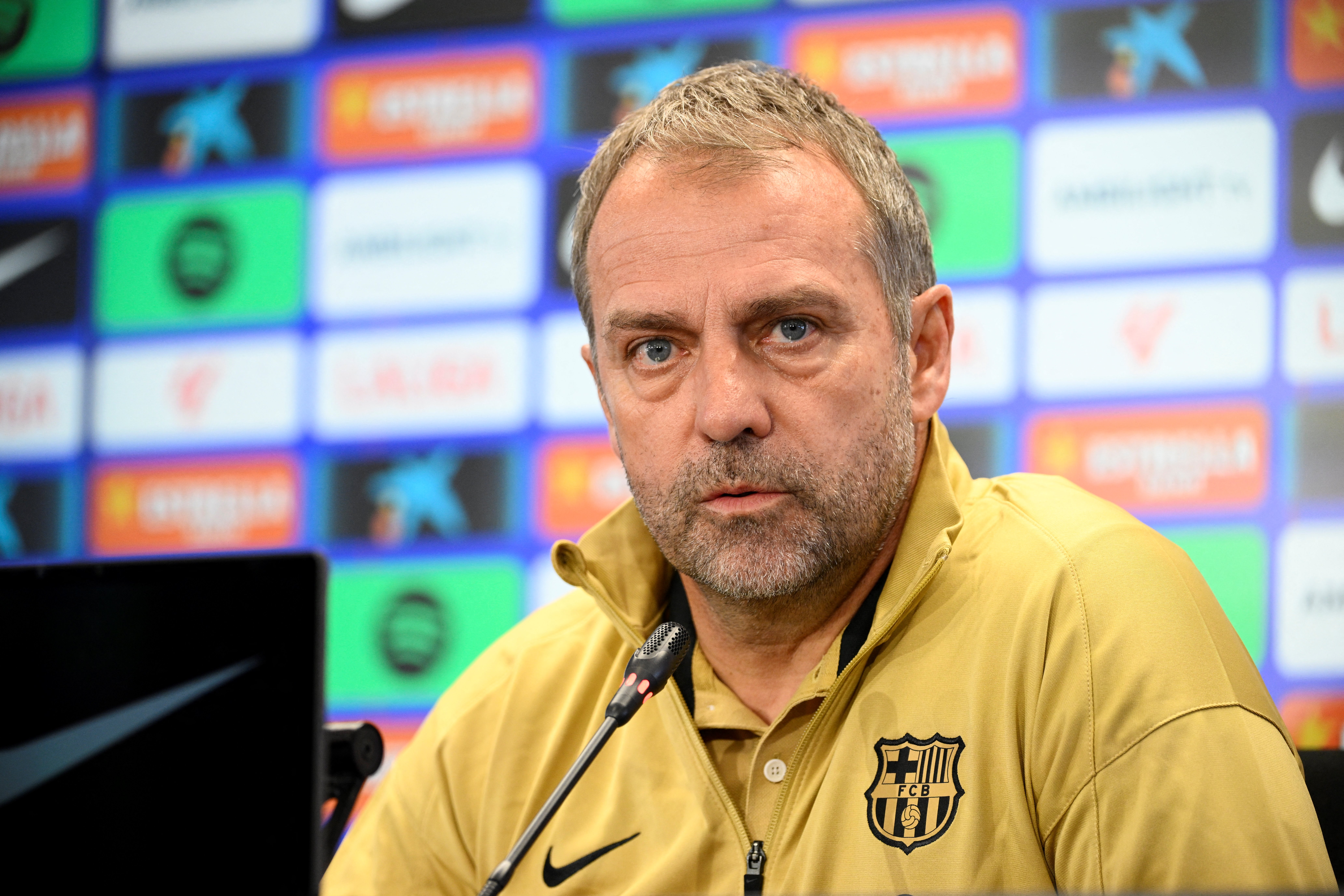

In a significant outburst that has reverberated through the corridors of Spanish football, Barcelona's head coach Hansi Flick has publicly criticized La Liga's scheduling. He did not mince words as he described the current timetable as a "joke," raising critical concerns about player welfare amidst a punishing fixture list that leaves little room for recovery.
Flick's comments come at a time when Barcelona, along with other clubs, is navigating the hectic demands of competing on multiple fronts, including domestic league matches and European competitions. The coach emphasized the need for a more balanced approach to scheduling, highlighting the physical toll that such a calendar can impose on players.
The Demands of Modern Football
As the football calendar continues to expand, clubs are increasingly faced with the challenge of managing player workloads effectively. Flick's frustrations echo a common sentiment among coaches and players alike regarding the intense physical demands of modern football. With teams often playing twice a week, the risk of injury escalates, which can jeopardize not only individual careers but also the integrity of competitions.
"The players are the ones who suffer," Flick stated in a press conference. "We need to prioritize their health and wellbeing. It’s not just about getting through the matches; it’s about how we can ensure they perform at their best."
A Gripping Fixture List
Barcelona's current season has been marked by a congested schedule that has left little time for recovery. The Catalan giants have been battling on several fronts, including the UEFA Champions League, where they are striving for European glory, and the Copa del Rey, in addition to their La Liga commitments. This demanding schedule raises questions about the sustainability of such a model, particularly as clubs aim to maintain competitiveness without compromising player health.
Flick's assertion was further validated by statistics indicating that injuries have surged across the league, prompting a need for systemic changes. According to reports, La Liga has seen a 30% increase in player injuries this season compared to previous years, a trend that cannot be ignored.
The Bigger Picture
The implications of Flick's criticism extend beyond just Barcelona. His call for change resonates with the broader football community, as various leagues grapple with similar challenges. Following his remarks, many fans and analysts have begun to question whether the current scheduling practices are suitable for the modern game, especially as clubs expand their ambitions into international competitions.
La Liga, historically known for its competitiveness and technical prowess, faces the risk of undermining its standards if it fails to address these concerns. Player welfare should be at the forefront of discussions, as both the league and clubs look to balance the commercial demands of the sport with the realities of athlete health.
A Call to Action
Flick's stance serves as a rallying cry for reform within La Liga. As the season progresses, the need for dialogue between coaches, players, and league officials becomes increasingly urgent. "We must work together to find a solution that respects the players and the game," he urged.
Meanwhile, the league's governing body has yet to respond to Flick's comments directly, but the pressure is mounting for them to reassess their scheduling practices. With the future of player welfare at stake, it remains to be seen whether La Liga officials will heed the call for a more considerate approach to scheduling.
As Barcelona prepares for its next fixtures, the ramifications of an unyielding schedule will undoubtedly be at the forefront of discussions. With every match, the stakes are raised not just for the teams involved, but also for the players who give their all under the glaring lights of La Liga.

In conclusion, Hansi Flick's candid critique of La Liga's scheduling highlights a critical issue in modern football that calls for immediate attention. As the landscape of the sport evolves, so too must the structures that support it, ensuring that player welfare is not sacrificed at the altar of commercial success. The time for change is now, and it is incumbent upon all stakeholders within the sport to advocate for a system that prioritizes the health and performance of its most valuable assets: the players.
For further details, visit NDTV Sports.